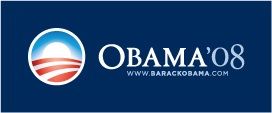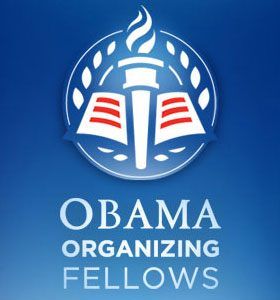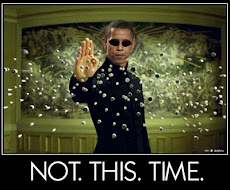On September 3, 2009, Lionsgate announced it had acquired the distribution rights to Tyler Perry's 34th Street Films adaptation of the play, with principal photography originally scheduled to take place in Atlanta, Georgia in November and December 2009. The film, which was retitled "For Colored Girls", will be released on November 5, 2010 and was written, directed and produced by Perry. The cast includes Loretta Devine, Kimberly Elise, Whoopi Goldberg, Janet Jackson, Phylicia Rashad, Anika Noni Rose, Jill Scott, Jurnee Smollett, Kerry Washington, Tessa Thompson, Michael Ealy, Macy Gray and Omari Hardwick and Thandie Newton.
Perry's decision to make the book into a film was not met without controversy, with some, such as Oprah Winfrey, having expressed doubts over whether the book should be made into a film at all. Others had reservations based on Perry's position at the helm of such an important book in African American literature, particularly considering the controversies raised by Precious, a film he lent his name to.
For Colored Girls - Official Trailer [HD]
For Colored Girls Who Have Considered Suicide When the Rainbow Is Enuf is a 1975 play by Ntozake Shange. Initially staged in California, it has been performed Off-Broadway and on Broadway, and adapted as a book, a television film, and a theatrical film. The 1977 Broadway production was nominated for a Tony Award for best play.
Structurally, For Colored Girls is a series of 20 poems, collectively called a "choreopoem." It is performed by a cast of seven women characters, each of whom is known only by a color: "Lady in Yellow," "Lady in Purple," etc. The poems deal with love, abandonment, rape, and abortion, embodied by each woman's story, i.e. Lady in Blue's visceral account of a woman who chooses to have an abortion, and Lady in Red's tale of domestic violence. The end of the play brings together all of the women for "a laying on of hands," in which Shange evokes the power of womanhood as the Lady in Red begins the mantra "I found God in myself/and I loved her/I loved her fiercely.
First performed at the Bacchanal, a woman's bar outside of Berkeley, California, it was first produced in New York City at Studio Riobea in 1975; produced Off-Broadway at the Anspacher Public Theatre in 1976; and produced on Broadway at the Booth Theatre that same year.
According to Hilton Als in The New Yorker's "Critic's Notebook" of March 5, 2007, "...all sorts of people who might never have set foot in a Broadway house — black nationalists, feminist separatists — came to experience Shange's firebomb of a poem. ...The disenfranchised heard a voice they could recognize, one that combined the trickster spirit of Richard Pryor with a kind of mournful blues."
The play was published as a book in 1977 by Macmillan Publishing, followed by a Literary Guild edition in October 1977 and Bantam Books editions beginning in 1980. Segments from the play were performed in-studio on WGBH-TV's Say Brother (now known as Basic Black) television series in December of 1977, with actresses Paula Larke and Barbara Alston . A heavily edited version of the play was made into an American Playhouse TV movie in 1982 featuring Shange, actresses Laurie Carlos and Tony Award winner Trazana Beverley from the stage production, dancer Sarita Allen, and with early performances by Alfre Woodard and Lynn Whitfield.

In 1966 Shange enrolled at Barnard College and separated from her husband, a law student. She attempted suicide several times. Nonetheless, she graduated cum laude in American Studies in 1970 and entered the University of Southern California at Los Angeles, where she earned a master's degree in American Studies in 1973.
While living in California and teaching humanities and women's studies courses at Mills College in Oakland, the University of California Extension, and Sonoma State College, Shange began to associate with poets, teachers, performers, and black and white feminist writers who nurtured her talents. Shange and her friends began to perform their poetry, music, and dance in and around the San Francisco Area. Shange also danced with Halifu Osumare's company. Upon leaving the company she began collaborating with Paula Moss on the poetry, music, and dance that would become for colored girls Moss and Shange left California for New York and performed for colored girls in a Soho jazz loft and later in bars in the lower East Side. Producer Woodie King Jr. saw one of these shows and helped director Oz Scott stage the choreopoem Off-Broadway at the New Federal Theatre where it ran for eight months, after which it moved to the New York Shakespeare Company's Anspacher Public Theatre, and then to the Booth Theatre.
In addition to her plays, she has written poetry, novels, and essays. She has taught at California State College, the City College of New York, the University of Houston, Rice University, Yale, Howard, and New York University. Among her many awards are an Obie, a Los Angeles Time Book Prize for Poetry, and a Pushcart Prize.








































